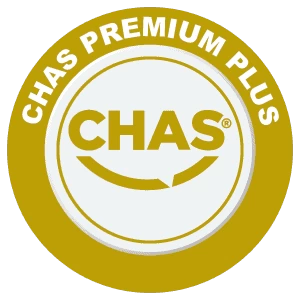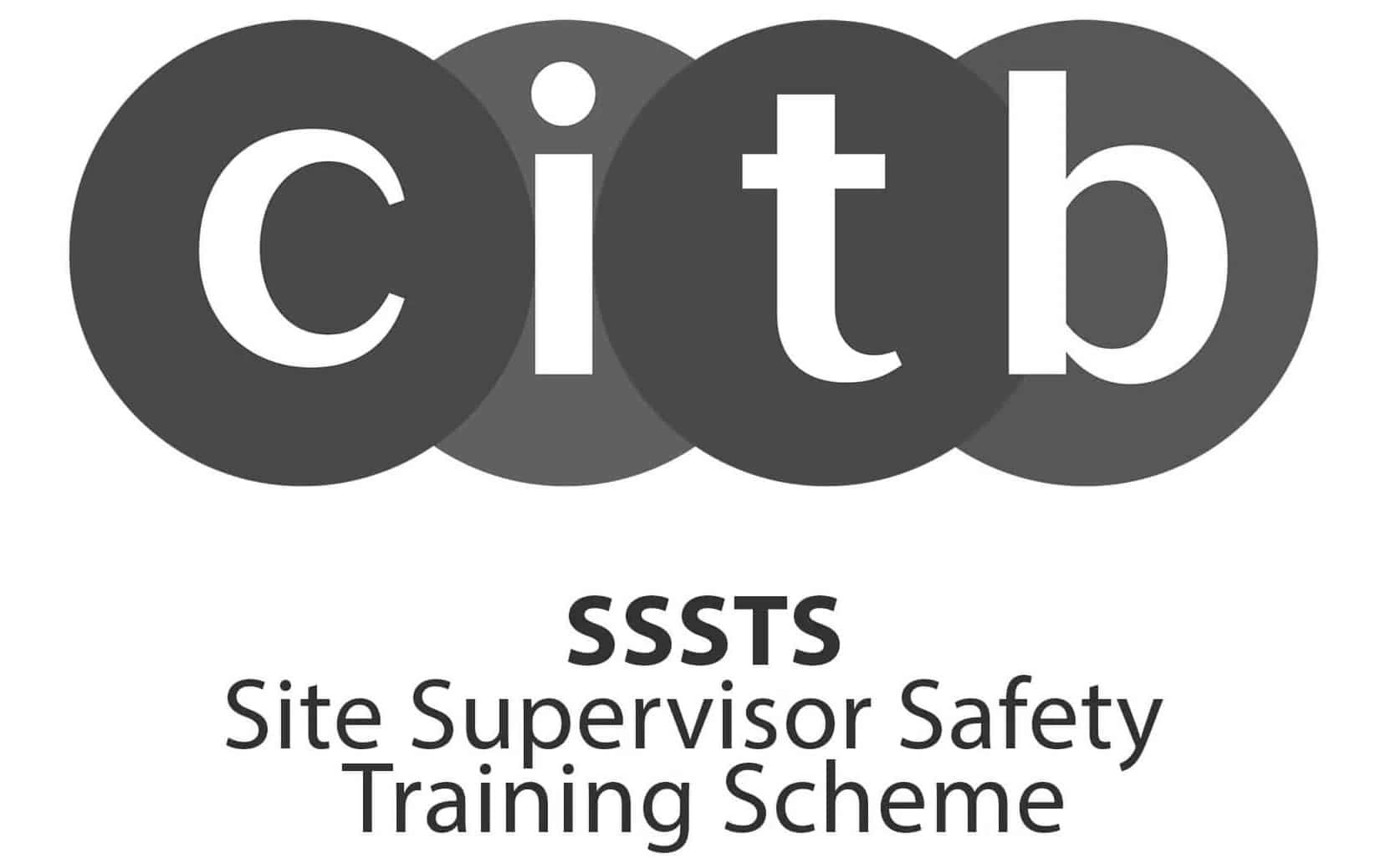Because of its function, it’s very important to keep your cladding clean. Cladding is added to buildings to give a stylish, finished appearance. It also protects the brickwork, or other building material behind it, from weather and other damage. Whether it’s metal, glass, stone, or composite panels, we have the expertise to restore the original shine and beauty of your building. Discover the benefits of our cladding cleaning service.
Why Should You Clean Your Cladding?
- Clean cladding helps to give customers a good, positive impression of your business.
- It protects the cladding from damage, including that caused by adverse weather conditions, dirt and pollutants.
- Cleaning will help to make the cladding last longer.
- Regular cleaning may also be a condition of any warranty that was provided by the original installer.
A Preventative Measure
Exterior cladding bears the brunt of the windy, wet or freezing conditions that can damage its surface. It can also be corroded over time by bird droppings and saltwater, as well as the growth of mould, moss, lichen and algae. These not only make the cladding look dirty, but could also gradually eat away at the material.
Good First Impression
If you run a business and don’t clean your cladding, you may be giving potential customers the impression that you don’t care for your premises. Shiny, spotless cladding will show clients that you look after your business, as opposed to grubby cladding that can be very off-putting.
A Longer Life
Looking after your cladding by having it professionally cleaned on a regular basis will also prolong its life. If cladding is not cared for, it can become stained and corroded, and the only solution at this point may be to replace it all, which is clearly a costly and disruptive exercise.
The Warranty
It may also be a condition of any guarantee that applies to your cladding that it is appropriately and regularly maintained. If this is the case, then you may not be able to claim on the warranty if a professional, regular cladding cleaning schedule has not been put into practice.
Cladding Types And How To Clean Them
Cladding can be made from a variety of materials, and the type used in its construction will determine the best cleaning method. Read on to find out more about cleaning PVC, metal, UPVC, and zinc cladding.
Metal Cladding
- Step 1: Clean the cladding thoroughly with a soft bristle brush. For dirt such as cobwebs, dust and rain spots, this may be adequate. In any case, it’s a good idea to clean the cladding in this way as the first stage, as it will remove any surface particles.
- Step 2: Apply water to remove more stubborn dirt.
Never use any kind of chemicals to clean metal cladding, as it may damage the metal itself, as well as any coating that has been applied to the surface.
PVC Cladding
PVC cladding can be cleaned very effectively using hot, soapy water.
- Step 1: Using a soft sponge, the cladding can be scrubbed to remove any dirt, then left to dry.
- Step 2: Apply a specially formulated PVC cleaning agent by rubbing it into the surface with a soft cloth. If you want to protect the surface of exterior cladding from weather damage, moss and mould, chemical pollutants, saltwater, bird droppings and more, you can use this cleaning agent. Make sure to only use a cleaning product that is suitable for PVC, otherwise the surface of the cladding could be damaged.
- Step 3: Allow to dry as per the manufacturer’s instructions.
- Step 4: Buff to a shine with a clean, dry cloth. Repeat if necessary.
UPVC Cladding
- Step 1: Apply hot, soapy water with a sponge, then scrub away any dirt before leaving to dry.
- Step 2: Apply one or more coats of a specially formulated uPVC cleaning product to the cladding using a soft cloth. This can remove more stubborn dirt, and help protect the cladding from staining and corrosion.
Zinc Cladding
The most important factor to note when cleaning zinc is that it is a metal that can be easily discoloured by the use of cleaning products.
- Step 1: Brush the surface with a soft bristle brush to remove dust and other kinds of surface dirt.
- Step 2: Clean the cladding by applying water with the same sort of soft brush, which should remove any dirt that is more difficult to shift. A good scrub with water and a soft bristle brush should be enough to remove all kinds of potential corrosives.
Cleaning High-Level Cladding
Access all areas
Cladding that is applied to the exterior of buildings can be dangerous or difficult to access, which is why this type of cladding cleaning is a job best left to the professionals.
Reach and Wash
At the Real Cleaning Company, we use the very popular ‘Reach and Wash’ system favoured by so many window and exterior cleaning companies. This system is a very safe method of cleaning, as no one needs to climb a ladder. The poles used are continuously fed with purified water, which ably removes any dirt and dust from the surface of the cladding while always keeping health and safety in mind.
Low risk and kind to the environment
Using telescopic poles means there is far less risk of injury, while the use of deionised water ensures this method is also good for the environment.
Specialised access
The Real Cleaning Company also has fully trained and experienced operatives who can use our specialised access equipment. Sometimes this is deemed necessary in order to obtain the best access to the cladding.
No obligation quotation
If you’d like a no obligation cladding cleaning quote, why not fill in our contact form today? Alternatively, if you prefer, you can give one of our friendly team a call.

















